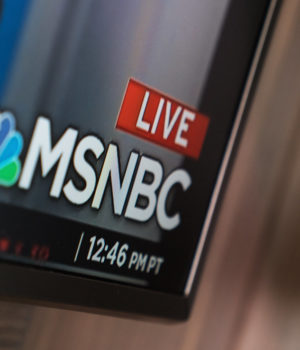Written by Joey Slusher
On Wednesday, Nov. 20, the top ten candidates seeking the Democratic Party’s nomination for President gathered in Atlanta and took to the debate stage for the fifth time. This debate takes place less than one hundred days from the infamous Iowa Caucus, which will mark the first major contest of the 2020 election and begin to narrow down the field.
Prior to the debate, in a national poll taken by Quinnipiac between Oct. 10 and 13, Senator Elizabeth Warren of Massachusetts was leading at 30 percent support. Former Vice President Biden was a slim 3 percent behind her, which is well within Quinnipiac’s 5.3 percent margin of error. Those polled said that Warren had the best policy ideas, but Biden would be most electable.
Going into the debate, a lot of media attention was pointed at South Bend, Indiana Mayor Pete Buttigieg, who has risen to be a popular candidate in recent polls in Iowa. Some candidates thought to be underdogs in the past who’ve managed to do well in Iowa and New Hampshire have been the winners of the contest overall, which exemplifies showing the importance of the state to a campaign.
As the debate continued, the usual topics rose to the forefront: the candidates’ plans for health care reform, attacks on each other’s experience, and some remarks about President Trump. Trump was at the center of the debate even more than usual due to the impeachment hearings that began this week, prompting candidates to discuss whether or not they would seek to criminally charge the President if he were removed from office. There was also a discussion over the recent use of “lock him up” by Vermont Senator Bernie Sanders supporters and the greater public, and whether or not this is appropriate. Biden firmly believed the chant was wrong and only fueled divisiveness.
Overall, the debate proved to be quite tame, with only a few small attacks between candidates. Due to the still crowded field and the fact that the primaries are just over two months away, this debate likely will have little sway on the election. Polling directly after the debates by Nate Silver’s FiveThirtyEight showed that every candidate but Sanders gained support, with Sanders dropping from 40 percent to 39. Biden was ahead of Warren, with 55 to 43 percent respectively. Buttigieg saw an almost 7 percent jump in support, from 25.6 percent to 31.9 percent.




